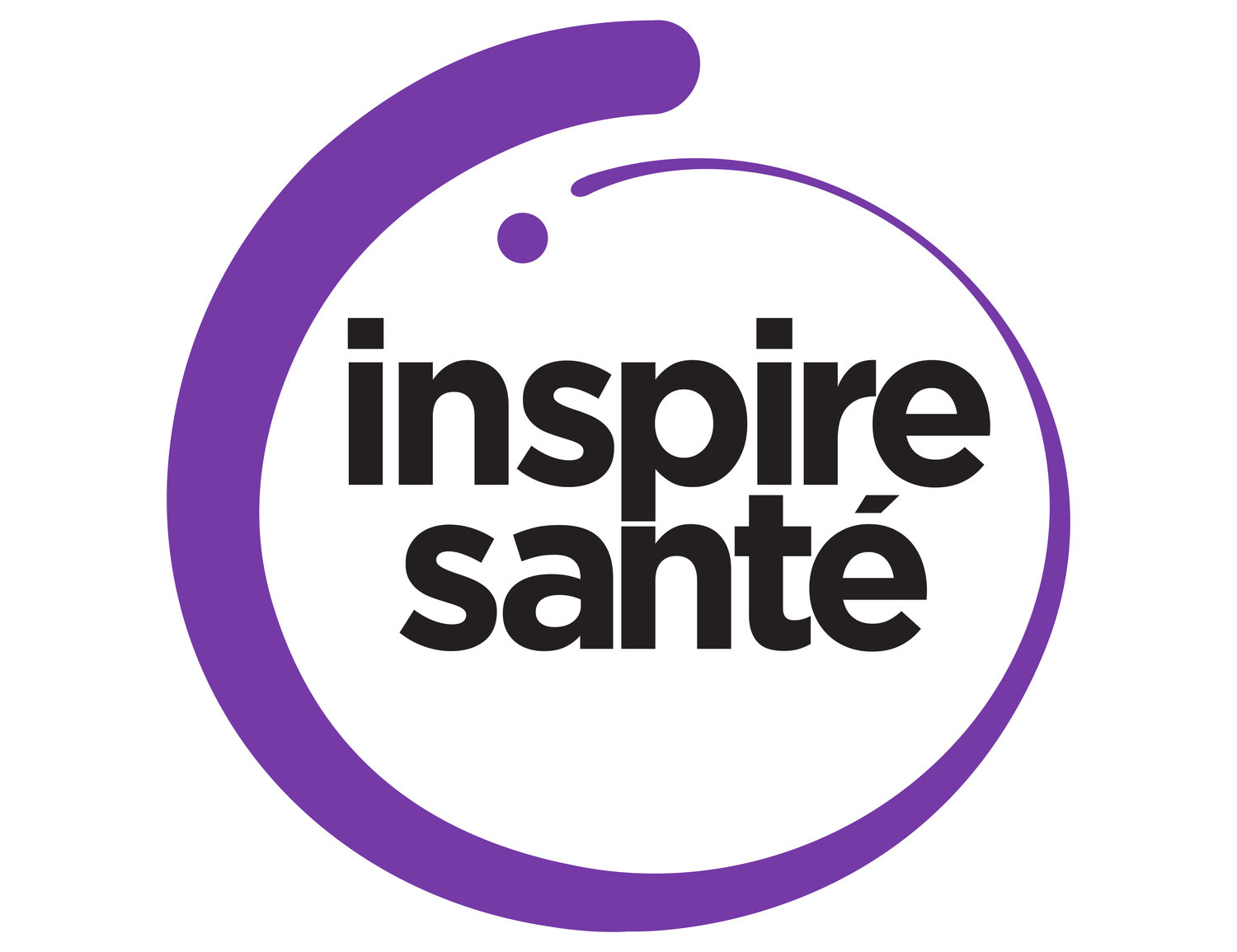A plea to providers: This is why biopsychosocial treatment of chronic pain works [Guest post by Devra Sheldon]
/Healthcare providers may be aware of the presence of yellow flags in a patient’s history, such as a major accident, depression, catastrophization, or prior trauma or abuse (to name a few), but not consider it related to the patient’s clinical presentation of pain. But it is. Prior pain experience shapes pain perception.
Read More

![A plea to providers: This is why biopsychosocial treatment of chronic pain works [Guest post by Devra Sheldon]](https://images.squarespace-cdn.com/content/v1/57ab512f9de4bbfd6c514caa/1519165934112-LAXZ9ANCVY3SDUKF00YQ/alexandra-gorn-471463-unsplash.jpg)









